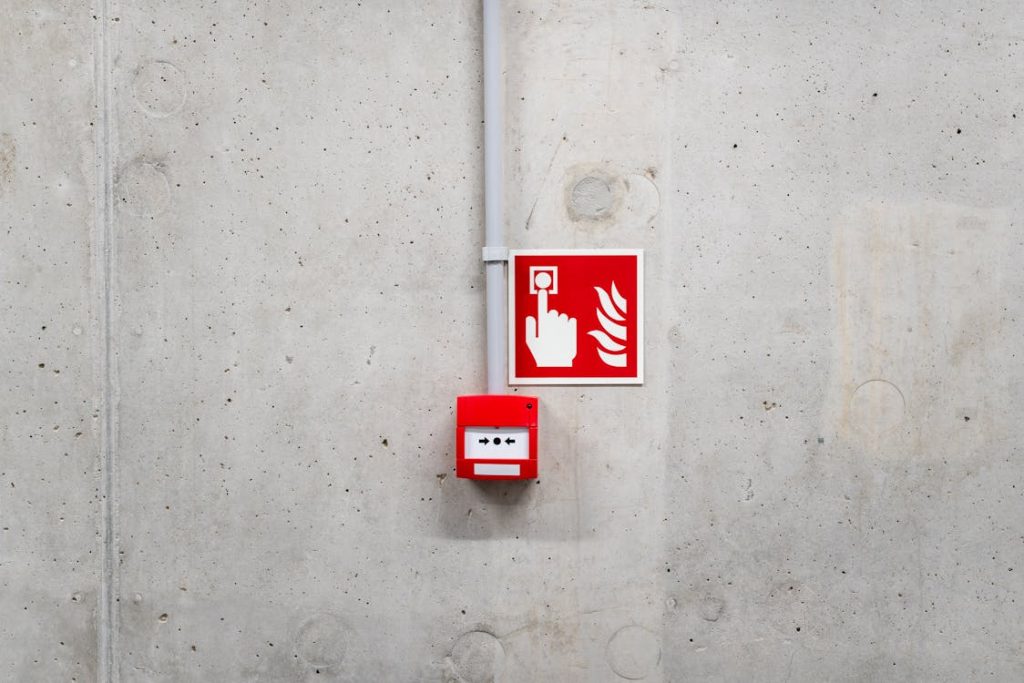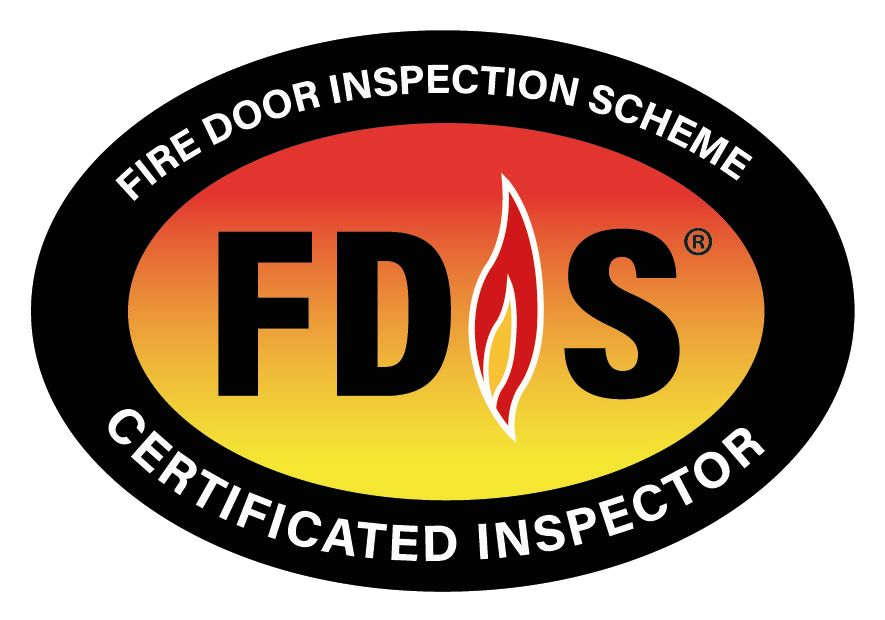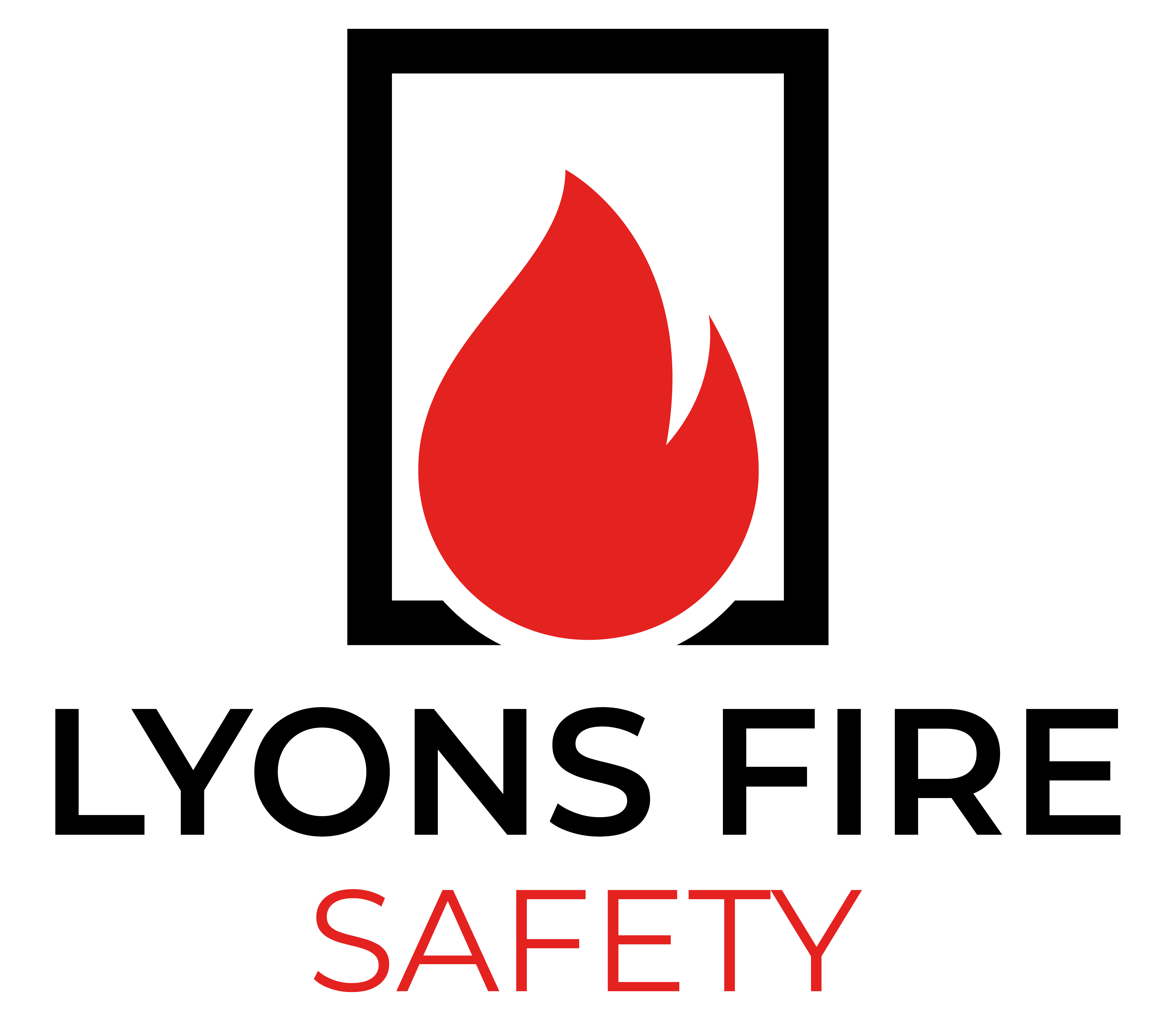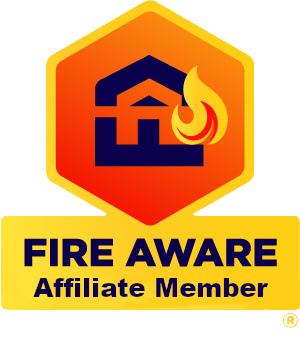Fire Safety Compliance in High-Risk Environments: Best Practices for Manufacturing & Industrial Sites
At Lyons Fire Safety (LFS), we’re dedicated to helping UK businesses navigate the complex landscape of fire safety regulations, especially in high-risk environments like manufacturing and industrial sites.
While we specialise in fire door inspections, installations, and maintenance, we understand the critical importance of comprehensive fire safety measures in safeguarding lives and assets across these challenging settings.
Today, we’ll explore the crucial topic of fire safety compliance in high-risk environments, focusing on best practices for manufacturing and industrial sites in the United Kingdom.
Understanding the Unique Challenges in High-Risk Industries
Manufacturing and industrial sites face several distinct fire safety challenges:
- Flammable Materials: The presence of highly combustible substances increases fire risk. Handling, storage, and disposal of these materials are crucial in preventing fires.
- Electrical Hazards: Extensive use of machinery and complex electrical systems can lead to electrical fires. Regular maintenance and inspections of electrical systems are essential.
- Dust Explosions: Fine particulates from materials like wood or metal pose explosion risks. Effective dust control measures and equipment maintenance can help mitigate these risks.
- Hot Work: Activities such as welding and cutting generate heat and sparks, which require careful management to prevent ignition of nearby combustible materials.
- Storage Risks: Improper storage of flammable products can exacerbate fire hazards. Implementing safe storage practices and correct labelling are key to minimising risk.
Legal Requirements for Fire Safety Compliance in the UK
In the UK, fire safety compliance isn’t just best practice—it’s a legal obligation. The Regulatory Reform (Fire Safety) Order 2005 mandates that employers in high-risk environments:
- Conduct Regular Fire Risk Assessments: Assess the specific fire risks associated with your operations and implement appropriate measures to mitigate them.
- Implement Appropriate Fire Safety Measures: Install and maintain effective fire protection systems and ensure they are suitable for the hazards present.
- Appoint a “Responsible Person” for Fire Safety Management: Designate an individual to oversee fire safety responsibilities, including compliance and emergency preparedness.
- Ensure All Employees are Aware of Fire Safety Protocols: Provide training to ensure that employees understand fire risks and know how to respond in case of an emergency.

Key Components of Fire Safety Compliance in High-Risk Settings
A robust fire safety compliance strategy includes:
- Comprehensive Fire Risk Assessments: Tailor risk assessments to address specific hazards unique to manufacturing and industrial environments.
- Tailored Fire Safety Training: Develop and deliver training programs that address the specific risks and needs of your workforce, including practical exercises and simulations.
- Advanced Fire Suppression Systems: Implement state-of-the-art fire suppression systems, such as sprinklers and foam systems, suited to the particular risks of your environment.
- Detailed Evacuation Plans: Create and regularly update evacuation plans that consider the unique layout and operations of your facility.
- Regular Maintenance of Fire Safety Equipment: Ensure all fire safety equipment, including fire doors and suppression systems, is maintained and regularly inspected.
Benefits of Robust Fire Safety Compliance
Implementing comprehensive fire safety measures in high-risk environments brings substantial benefits:
Enhanced Safety for Employees and Visitors
Reduced risk of injury and enhanced protection for everyone on site.
Reduced Risk of Catastrophic Incidents
Effective fire safety measures help prevent large-scale fires and associated damages.
Improved Emergency Response Capabilities
Well-prepared teams can respond more effectively in an emergency, minimising harm and property damage.
Increased Confidence in Handling Fire Safety Equipment
Rigorous training ensures employees are proficient in using fire safety equipment.
Compliance with UK Fire Safety Regulations
Avoid legal penalties and ensure your facility meets all required standards.
Protection of Valuable Assets and Business Continuity
Safeguard your property and ensure operations can continue with minimal disruption.
Implementing Best Practices for Fire Safety Compliance
To create an effective fire safety strategy for your high-risk environment:
- Conduct Thorough Risk Assessments Specific to Your Operations: Identify all potential hazards and address them with targeted safety measures.
- Develop Tailored Training Materials and Programs: Customise training to reflect the specific risks and procedures relevant to your operations.
- Install and Maintain Appropriate Fire Suppression Systems: Choose systems that match the unique fire risks of your environment and ensure they are regularly serviced.
- Create and Regularly Practice Detailed Evacuation Procedures: Regular drills and updates to your evacuation plans ensure preparedness and efficiency.
- Ensure Correct Storage and Handling of Flammable Materials: Implement safe practices and procedures for the storage and handling of all hazardous materials.
- Implement a Hot Work Permit System: Establish a permit system for hot work activities to control and monitor activities that pose a fire risk.
- Establish In-House Emergency Response Teams: Train and equip teams to manage fire emergencies effectively and provide immediate response.
Overcoming Challenges in High-Risk Fire Safety Compliance
Common obstacles in implementing effective fire safety measures in high-risk environments include:
- Complexity of Operations and Equipment: The diverse nature of operations and equipment can make it challenging to implement uniform safety measures.
- Balancing Safety Measures with Operational Efficiency: Ensuring safety without disrupting productivity requires careful planning and integration.
- Keeping Up with Evolving Regulations and Best Practices: Regularly updating safety measures to reflect new regulations and best practices is essential.
- Addressing Diverse Risks Across Different Areas of the Facility: Each area of a facility may present unique risks that require tailored safety solutions.
To overcome these challenges:
- Partner with Fire Safety Experts Specialising in High-Risk Environments: Collaborate with professionals who understand the specific needs of your industry.
- Integrate Fire Safety Considerations into All Aspects of Operations: Make fire safety a core component of your operational procedures.
- Regularly Review and Update Your Fire Safety Strategies: Continuously assess and refine your fire safety measures to address new risks and regulatory changes.
- Invest in Advanced Training and Equipment Tailored to Your Specific Risks: Ensure your team is well-trained and equipped to handle the unique hazards present in your environment.
FAQs - Fire Safety Compliance in High-Risk Environments
How often should fire risk assessments be conducted in manufacturing sites?
Regularly, typically annually or whenever there is a significant change in operations or layout.
What types of fire suppression systems are best for industrial environments?
Systems such as foam, CO2, or wet chemical systems, depending on the specific risks.
How does the presence of flammable materials affect evacuation procedures?
It requires more detailed planning for safe evacuation routes and procedures to avoid exposure to hazardous conditions.
What specific training do employees in high-risk environments need?
Training should include handling specific hazards, emergency response procedures, and the use of safety equipment.
How can dust explosion risks be mitigated in industrial settings?
Through effective dust control measures, equipment maintenance, and regular cleaning.
What are the key components of a hot work permit system?
Authorisation, safety checks, monitoring, and post-work inspections.
How do UK fire safety regulations differ for high-risk environments compared to standard workplaces?
Regulations in high-risk environments are more stringent, requiring more detailed risk assessments and tailored safety measures.
Choose Lyons Fire Safety for Comprehensive Fire Safety Solutions in High-Risk Environments
At Lyons Fire Safety, we’re committed to providing exceptional fire safety solutions for high-risk environments across the United Kingdom. Our expertise in fire door inspections, installations, and maintenance plays a crucial role in supporting your overall fire safety strategy and ensuring compliance with stringent UK regulations.
Don’t compromise on fire safety in your high-risk environment. Contact us today to schedule a comprehensive assessment and discover how we can help protect your people, assets, and operations.
Phone: 0121 517 0562
Email: david@lyonsfiresafety.co.uk
Lyons Fire Safety: Your Trusted Partner for Fire Safety Compliance in High-Risk UK Environments


